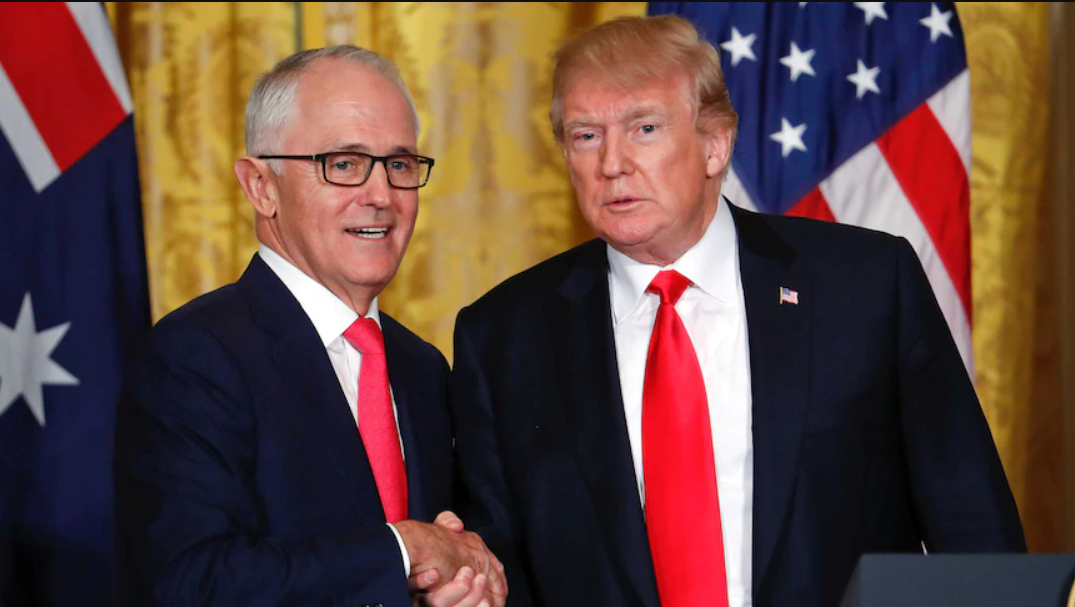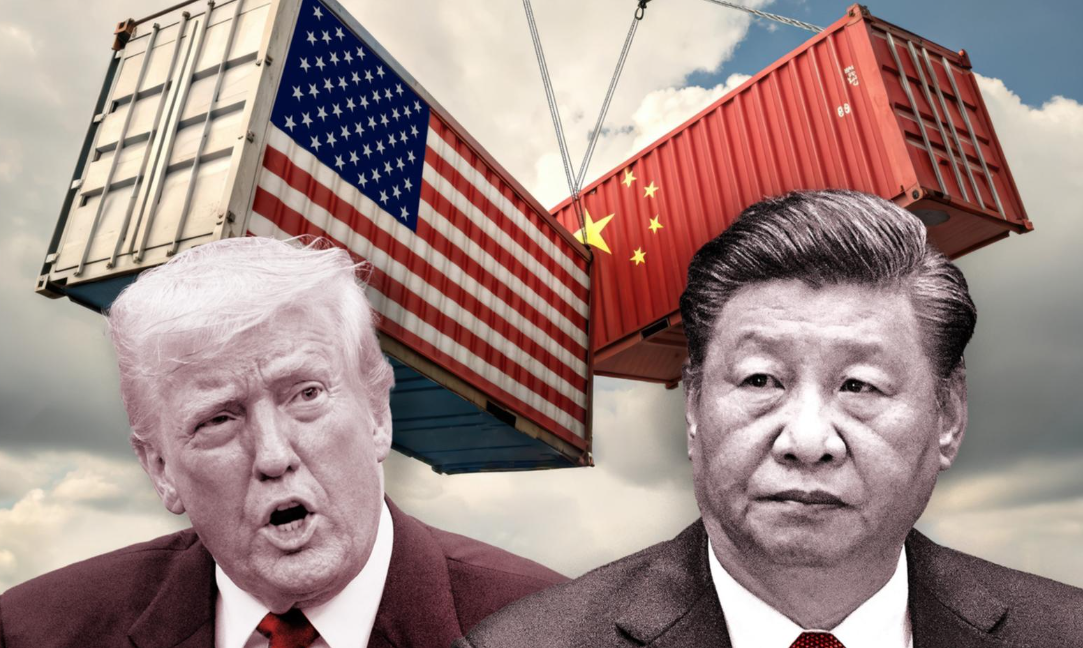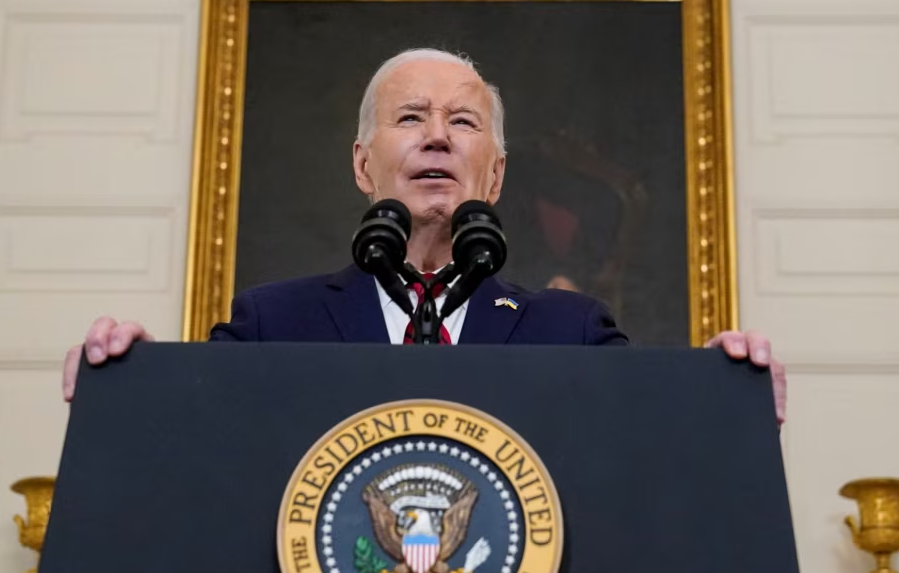
Du Lan, Deputy Director at Asia-Pacific Institute, China Institute of International Studies
Apr 10, 2025
The Indo-Pacific Strategy of Trump 2.0 remains unclear, although consensus has been reached on major power competition. If a new Indo-Pacific Strategy now emerges to build U.S. advantages against China, it will be designed to serve core MAGA goals.

Zhang Tuosheng, Principal Researcher at Grandview Institution, and Academic Committee Member of Center for International Security and Strategy at Tsinghua University
Apr 10, 2025
Here are some suggestions for promoting peace, stability and development in the Asia Pacific region. For starters, to avoid bloc politics and confrontation or even a new cold war in the Asia Pacific, China, the U.S., Russia, Japan and India should actively develop new dialogues and exchanges and build on existing ones.

David Shambaugh, Gaston Sigur Professor and Director of China Policy Program at George Washington University, Distinguished Visiting Fellow at Hoover Institution of Stanford University
Apr 09, 2025
The second Trump administration’s China policies have thus far been very opaque and difficult to discern. However, in recent weeks a variety of indicators are beginning to make them clearer—and one dominant theme emerges: China will be viewed as America’s principal adversary.
Eka Khorbaladze, Research Coordinator, Centre on Contemporary China and the World
Feb 14, 2025
Donald Trump’s return to the White House puts the Indo-Pacific at the center of U.S. foreign policy, but restoring American dominance won’t be easy. While his first term laid the groundwork for a strategic shift, China’s expanding economic and military influence has only grown stronger. To compete, Trump must recalibrate U.S. engagement—strengthening military alliances, reviving economic initiatives, and leveraging technological advantages—before Beijing cements its leadership in the region.
Richard Javad Heydarian, Professorial Chairholder in Geopolitics, Polytechnic University of the Philippines
Jan 27, 2025
A second Trump presidency could disrupt Asia with aggressive tariffs, stricter immigration policies, and heightened geopolitical tensions. While some leaders express cautious optimism, the region faces mounting pressure to align with U.S. interests amid fears of economic fallout, strained alliances, and potential conflicts in key areas like the South China Sea and Taiwan Strait.

Warwick Powell, Adjunct Professor at Queensland University of Technology, Senior Fellow at Beijing Taihe Institute
Dec 24, 2024
America’s best-laid plans to change China have clearly failed over the decades. The question now is whether Donald Trump can rise above that history and meet China on its own terms. If not, the incoming occupant of the White House will sadly preside another failed episode of fruitless U.S. ambitions to conquer China.
Chen Jimin, Guest Researcher, Center for Peace and Development Studies, China Association for International Friendly Contact
Dec 24, 2024
Despite his unpredictability, Donald Trump seems committed to the current strategic trajectory. But China has gained a deeper understanding and accumulated significant experience. It will likely approach America’s Indo-Pacific Strategy with greater confidence and composure in Trump’s second term.
Zhang Wenzong, Associate Research Fellow, CICIR
Sep 11, 2024
In the run-up to the 2024 election, we can see how domestic politics bring changes to U.S. foreign policy. Interest groups in crucial swing states will play an outsize role in U.S. policy formulation, and their influence will extend beyond their actual voting power.
Jade Wong, Senior Fellow, Gordon & Leon Institute
Jun 07, 2024
Facing a choice of autonomy or continued dependence on the United States, some factions on the continent seek to avoid that stark choice. In pursuit of a European pillar within NATO, the EU appears to be navigating a middle path.

Sun Chenghao, Fellow, Center for International Security and Strategy of Tsinghua University; Munich Young Leader 2025
Ezgi Koklen, Research Assistant, Ankara Center for Crisis and Policy Studies
Apr 26, 2024
While the United States has come through for its allies in Europe, Israel and Ukraine for now, there is reason for concern. Depending on who is elected U.S. president in November, securing further U.S. support could become increasingly difficult. If Donald Trump wins, there could be trouble ahead.